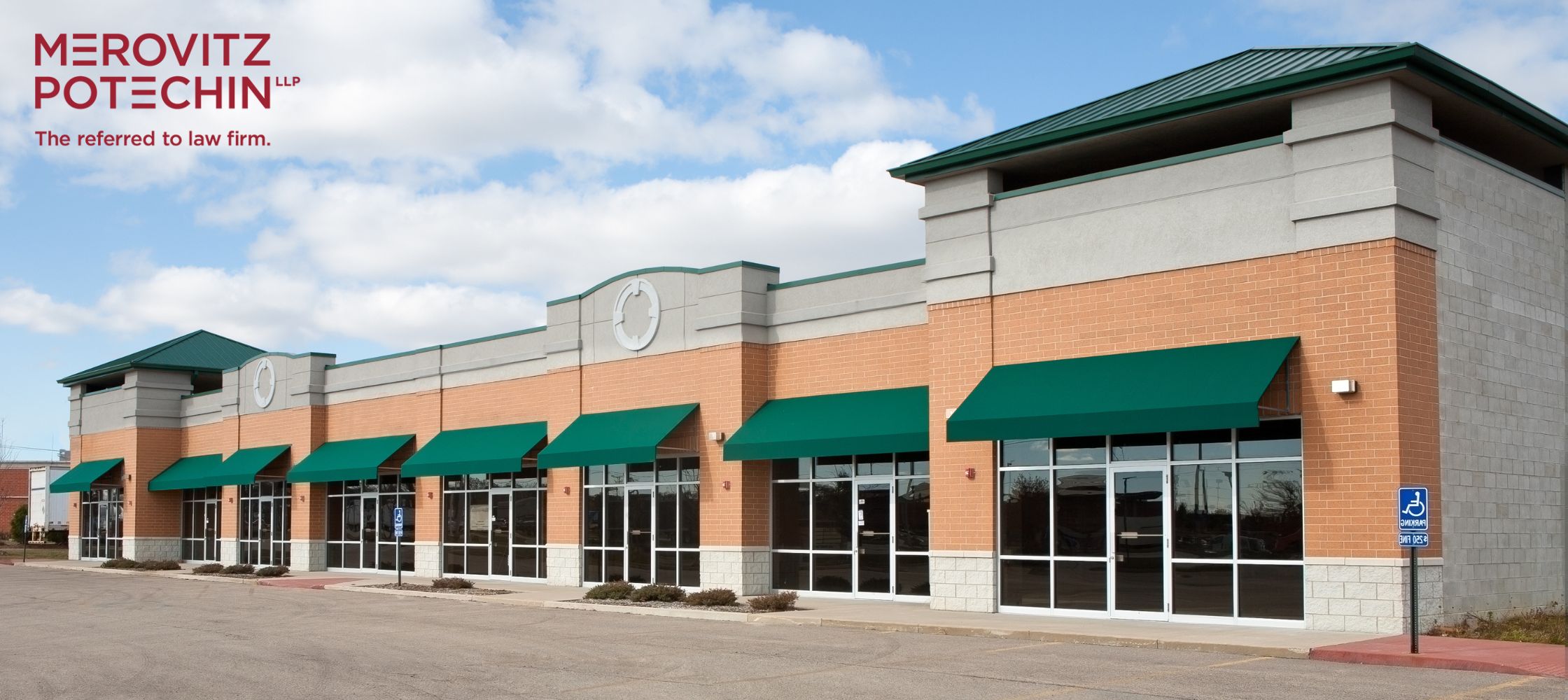Categories
The Federal Underused Housing Tax Act – What you Need to Know

What is It?
The Federal Government recently introduced an annual 1% Underused Housing Tax on the ownership of vacant housing in Canada. The Underused Housing Tax Act is now in effect.
What Properties are Subject to the Underused Housing Tax?
The tax is applicable to residential property including a detached house containing not more than three dwelling units; a semi-detached house, rowhouse unit, residential condominium unit or other similar premises.
Who is Subject to the Underused Housing Tax?
For individuals, generally, the tax will apply if you are both non-resident and non-Canadian. Therefore, if you are an individual owner of residential property and are either a Canadian citizen or permanent resident of Canada, there will be no requirement to file a return or pay tax.
For business corporations, generally, the tax will apply to foreign corporations (incorporated outside of Canada) or domestic corporations wherein individual shareholders that are both non-resident and non-Canadian, hold 10% or more of the voting rights or value of the equity in the corporation by virtue of their shares. However, domestic corporations are required, in all cases, to file an annual return under the Act, even where the tax does not apply, and must do so for each residential property owned regardless of vacancy status.
Even where a return is required to be filed, however, there are several exceptions to payment of the tax available such as: 1. The property being the primary place of residence of the owner; 2. The property is rented to an arm’s length party for at least 180 days in the calendar year (comprised of periods of continuous occupancy of at least one month each), or 3. The property is newly constructed.
The Underused Housing Tax Act Operates in Addition to Other Vacant Unit Taxes
The Underused Housing Tax Act is a federal tax that operates alongside other vacant unit taxes imposed by provincial and municipal governments such as those of the City of Ottawa, City of Toronto, and City of Vancouver.
While the UHT targets non-Canadians and non-residents, provincial and municipal vacant unit taxes apply to all owners and contain no exclusions and exemptions for Canadian citizens or permanent residents.
When do I Need to File and Pay Tax?
Ordinarily, if you own residential property on December 31 in a calendar year, and are otherwise required to file a return and pay tax, you must do so by April 30 of the following year. However, for the 2022 tax year, the CRA is waiving penalties and interest for any late-filed return and for any late-paid tax, provided the return is filed and the applicable tax is paid by October 31, 2023.
What are the Consequences of Failing to File a Return or Pay the Tax Owed?
If you fail to file a return, you may be subject to a penalty in the form of a fine. Affected owners may face additional penalties and interest including payment of interest on outstanding taxes that are not paid by April 30th in the year following the reporting year.
For more information on the penalty provisions of the Act, it is strongly recommended that you consult with legal counsel directly.
How Can We Help?
If you are an individual or business purchasing residential property or restructuring your business and the business owns residential property, we can assess whether the Act will apply to the owner of the property, provide you with some of the resources required to file your returns and pay the appropriate tax, and refer you to appropriate tax professionals if necessary.
To read the full article published on the Canadian Bar Association – Real Property Section website, click here.
Please contact our Real Estate Team at Merovitz Potechin LLP. We would be pleased to assist you.

The content on this website is for information purposes only and is not legal advice, which cannot be given without knowing the facts of a specific situation. You should never disregard professional legal advice or delay in seeking legal advice because of something you have read on this website. The use of the website does not establish a solicitor and client relationship. If you would like to discuss your specific legal needs with us, please contact our office at 613-563-7544 and one of our lawyers will be happy to assist you.







